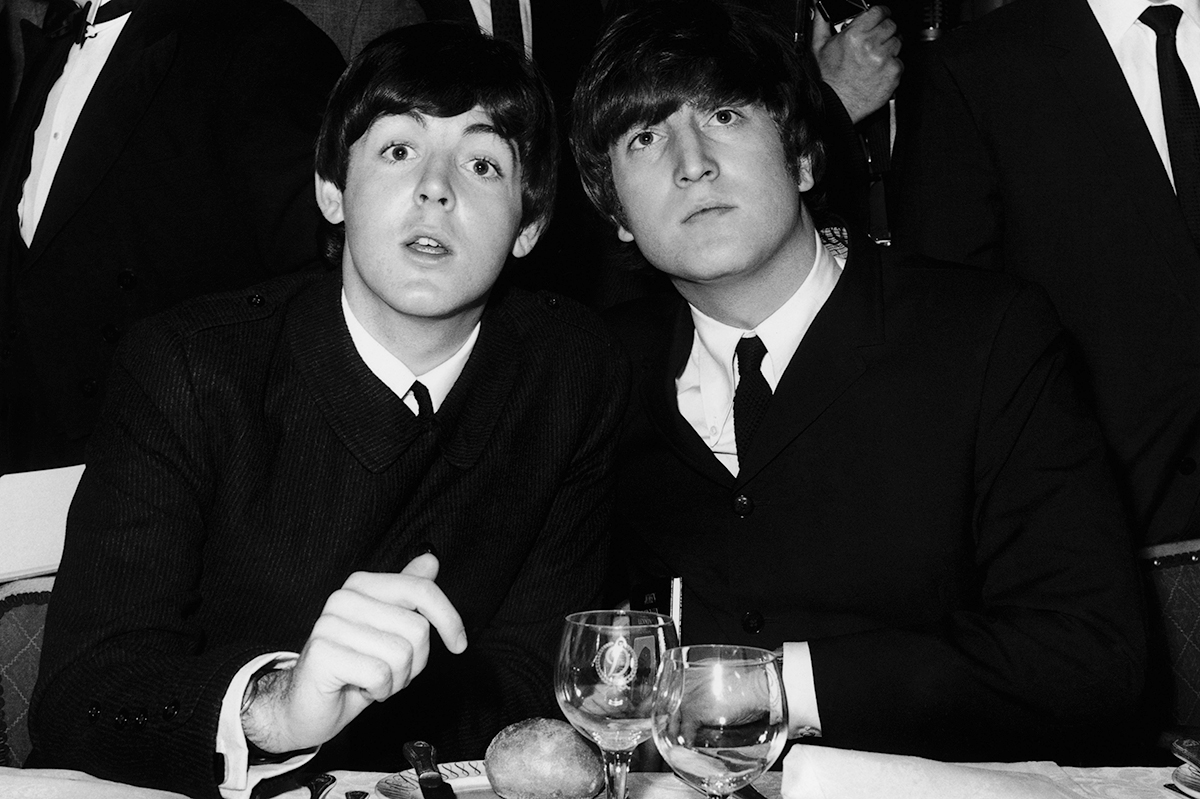Ned Beauman’s novels are like strange attractors for words with the letter “Z.” They zip, zing, fizz, dazzle and sizzle. They are a bizarre bazaar of pizzazz. Some readers no doubt might find his form of literary hyperactivity exhausting. Personally, I find it exhilarating. In part this is because the novels do not just have propulsive plotting but the ideas are high-octane as well. Venomous Lumpsucker does not pause for breath, yet simultaneously induces a weary, melancholy exhalation.
The venomous lumpsucker in question throws together two very different characters and works as an effective McGuffin for the novel. Mark Halyard is the environmental impact coordinator (Northern Europe) for the Brahmasamudram Mining Company. At an industry conference, he is nearly flattened by a giant teratoma, a biological blob cloned from the cells of the last non-cloned panda. But his real problems involve Karin Resaint, a scientist whose job is to assess the intelligence of said venomous lumpsucker.
Unfortunately for Halyard, it seems that Resaint believes the lumpsucker is the most intelligent fish in existence, and therefore protected. Even worse, a software glitch means the “autonomous mining vehicle” has just pulverized the lumpsuckers’ breeding grounds. So the ill-matched pair ricochet around Europe to try and find any venomous lumpsuckers that have eluded the cataclysm. “She seems to think that fish is some kind of Einstein,” Mark growls. “Have you even seen it? It doesn’t even look clever by fish standards. It looks stupid for a fish.”
There are of course other twists which are so elegantly done it would be sinful to rob the reader of the pleasure. The various journeys give ample room for Karin and Mark to bicker about environmental damage, climate change, animal intelligence, moral responsibility and much more. Beauman is very good at sustaining a kind of ecosystem of thinking. There is not a clearly “right” position to take on these matters.
It is an example of why novels, being inherently polyphonic, are far better than propaganda. That it is done with a great deal of black humor and downright sarcasm makes it even more of a tonic to earnest tirades. On the one hand, the opinion is given that “the truth was, that most of the time, talking to a chimpanzee was more like talking to a child than it was like talking to an alien; which is to say, it was like speaking to a very stupid adult.” On the other, “the apparent irrationality of this behavior was what proved the lumpsuckers were more cognitively advanced than any other fish: only a very advanced species would be capable of something so useless.”
The ethical dimension is even more complex. We might acknowledge that humanity has caused irreparable harm to many species, but what might restorative justice look like? Is the rest of the biosphere due compensation or even revenge? Even the idea of extinction becomes problematic. If a species’s genome is stored, is it “gone forever,” or does it just exist as information rather than cartilage and nerves and muscle?
All this might sound heavy going; but this is also a novel, set in the near future, where gourmandism is on the rise because foodstuffs are rarer, where Britain is known as the Hermit Kingdom and one character turns out to be a surreal image of a Liz Truss or Theresa May figure but with ninja-like skills. Yup, really. With cryptocurrencies, “extinction credits,” non-state floating tax havens and of course a megalomaniac tech entrepreneur and a virus, it could not be more timely. Yet every page has a turn of phrase, a witticism, a wry observation or smart simile that beguiles the reader into taking the serious material seriously.
This article was originally published in The Spectator’s UK magazine. Subscribe to the World edition here.

























